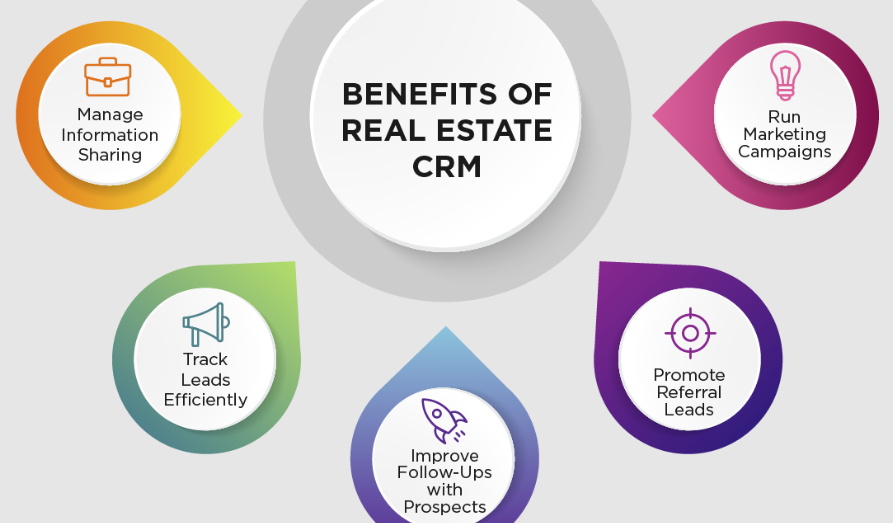Enhancing Client Relationships: How Real Estate Agents Use CRM Effectively

In the competitive landscape of real estate, building and maintaining strong client relationships is essential for success. Real estate agents who effectively utilize a Customer Relationship Management (CRM) system can greatly enhance their client interactions and overall service. Understanding the best real estate CRM tools and features is crucial in achieving this goal, as they enable agents to manage leads, automate processes, and personalize communication.
1. Centralized Client Information
A primary advantage of using a CRM is the ability to centralize all client information in one accessible location. This means that agents can store contact details, property preferences, interaction history, and notes on client conversations. By having all relevant information at their fingertips, agents can tailor their communication and services to meet individual client needs, leading to a more personalized experience.
2. Automation of Client Follow-Ups
Automating follow-up reminders and communication tasks is another effective strategy for real estate agents. A CRM can schedule automatic emails, reminders for calls, or follow-up tasks based on specific triggers, such as a lead’s activity or inquiries. This automation not only saves time but also ensures that clients receive timely responses, which is critical in maintaining their interest and engagement throughout the buying or selling process.
3. Personalized Communication
Personalization is key to client satisfaction. Agents can leverage the data stored in their CRM to craft tailored messages and marketing materials that resonate with specific client interests. Whether sending property listings that match their preferences or sharing relevant market insights, personalized communication fosters a deeper connection between agents and clients, enhancing trust and loyalty.
4. Tracking Client Interactions
A comprehensive CRM allows agents to track all interactions with clients, from phone calls to email exchanges and meetings. By reviewing these interactions, agents can gain insights into client preferences, pain points, and progress in the buying or selling process. This information is invaluable for adjusting strategies and ensuring that agents remain aligned with their clients’ expectations.
5. Analyzing Client Feedback
Feedback from clients is a valuable resource for improvement. Real estate agents can use their CRM to collect and analyze client feedback through surveys or follow-up communications. Understanding client satisfaction levels and areas for improvement can help agents refine their services and strengthen relationships.
By leveraging the capabilities of a robust CRM, real estate agents can significantly enhance their client relationships. Centralizing information, automating follow-ups, personalizing communication, tracking interactions, and analyzing feedback are all vital components in building lasting connections that lead to repeat business and referrals in the competitive real estate market.







